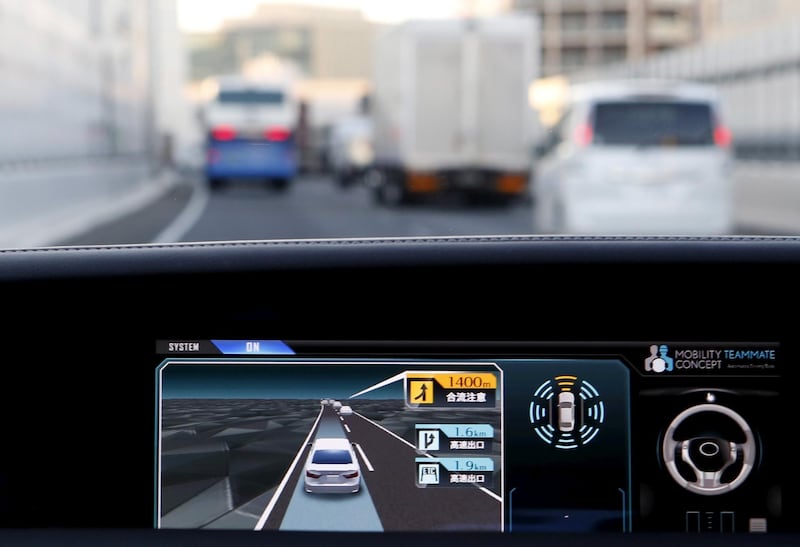Toyota Motor Corporation said a new venture would be investing more than $2.8bn to develop automated-driving software - the latest salvo in an increasingly frenetic battle to be ahead in a sector hit by a slew of disruptive technologies.
The Tokyo-based venture, which will bring together some 1,000 employees including new hires, will be 90 per cent held by Toyota with group suppliers Denso Corporation and Aisin Seiki Company each taking 5 per cent.
"This company's mission is to accelerate software development in a more effective and disruptive way, by augmenting the Toyota Group's capability through the hiring of world-class software engineers," James Kuffner, who will lead the venture, said in a statement.
The establishment of the new venture, Toyota Research Institute-Advanced Development, comes as firms such as Alphabet Inc's Waymo and Tesla give traditional automakers a run for their money in building self-driving and electric cars.
_______________
Read more:
[ Brexit boost for PM May as Toyota commits to building new Auris car in UK ]
[ Toyota profit surges 54 per cent in third quarter ]
_______________
English is set to be the main business language of the new venture, the statement said.
Toyota is also investing $1 billion in artificial intelligence and other technologies through its US-based Toyota Research Institute and has struck up technology partnerships with Microsoft and Uber Technologies.
Last month, Toyota Research Institute's venture capital unit said it was co-leading an $11.5m seed investment in May Mobility, an Ann Arbor-based startup that is developing self-driving shuttles for college campuses, central business districts, and similar low-speed applications.






